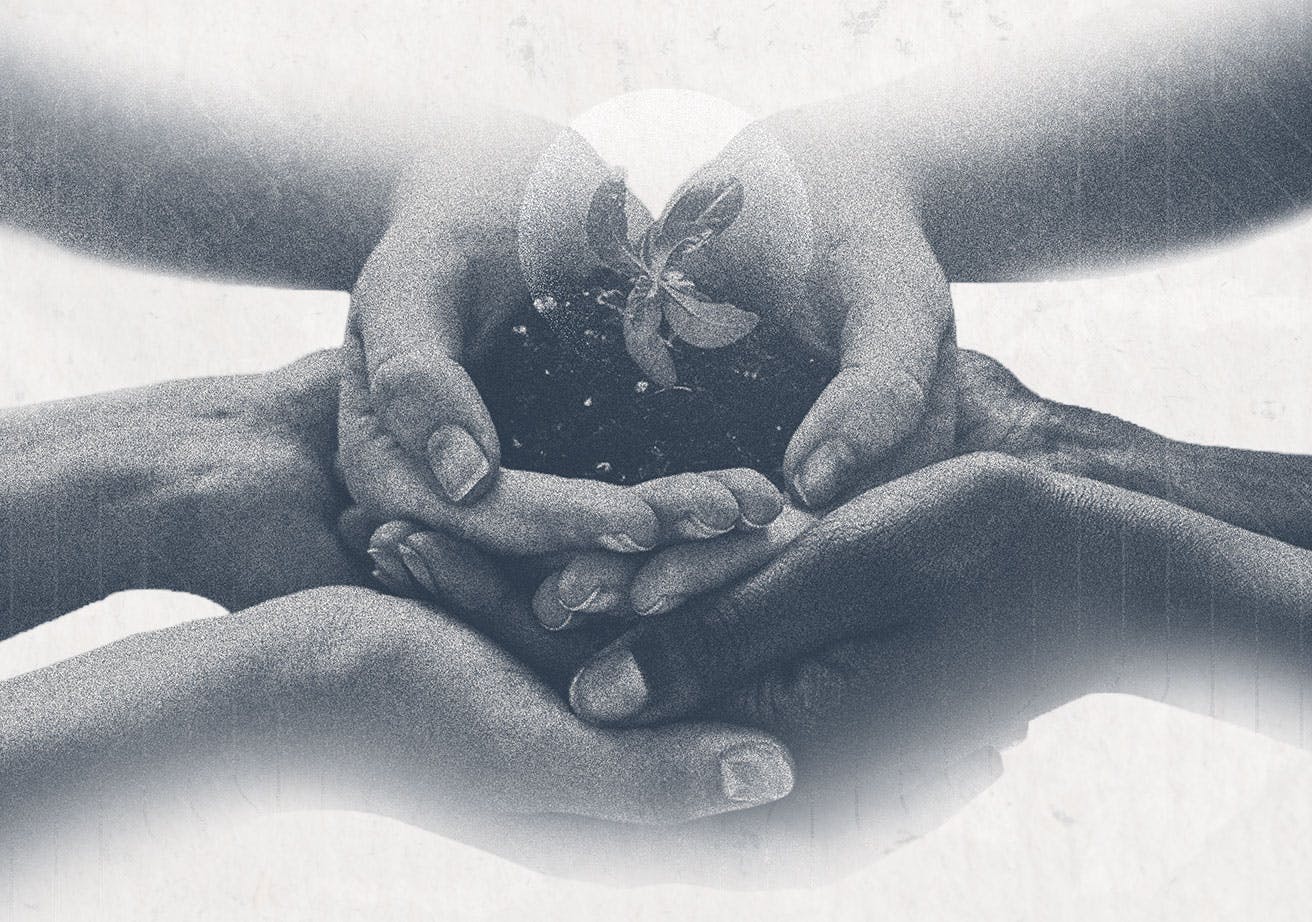Transforming Professional Practices Through Trauma-Awareness Workshops
Did you know that in Canada, about 76% of us have faced a traumatic event at some point? These aren't just the big, shocking events like violence or severe loss, but also more subtle yet equally impactful experiences like losing one's sense of identity or feeling disconnected from their environment. It's not just those directly affected who feel these impacts. Professionals working in social practices, such as planning, design, and impact assessment, often experience what's called secondary and vicarious trauma just through their day-to-day interactions with impacted communities. At Narratives, we've seen how widespread this issue is and how often it's overlooked, which drives our commitment to spread trauma awareness in all professional circles, not just healthcare.
We started shaping our trauma-awareness program after working closely with the Sagkeeng First Nation. Since then, we've fine-tuned this training and shared it with various organizations, agencies, and communities across the country. Our aim is to build trauma management practices everywhere, making sure teams are ready and equipped to approach their work with the utmost sensitivity and understanding.
What is Trauma?
Think of trauma as an emotional response to overwhelming events that shake us to our core, events that are too much, too soon, or too fast for our minds to process properly. It's like an inner injury that splits our sense of self, and it can keep us stuck in the past, affecting how we see ourselves and interact with the world. And here's the kicker—it affects everyone differently. Even if two people go through the same stressful situation, their responses might be worlds apart.
Trauma doesn't just pop up out of nowhere; it can come from things like experiencing violence, significant loss, or even growing up without enough emotional support. It's crucial to understand that our work, especially when it involves engaging with communities, might unintentionally stir up these traumas. That’s why at Narratives, we don’t just tread lightly—we make sure we’re thoroughly prepared. Our trauma-informed approach helps us create safe, healing spaces that foster recovery and positive change, not just patch things up superficially.

The Challenge
Many organizations struggle with understanding and integrating trauma-informed practices into their daily operations. The lack of awareness and tools to handle trauma can lead to retraumatization and inefficient communication within workplaces and in engagements with trauma-affected communities.
Our Approach
- In-depth Understanding of Trauma Types and Neurobiology: Our conversations delve into the neurobiology of trauma, enhancing your understanding of how trauma affects the brain and, consequently, behavior. This knowledge is critical for developing more empathetic and effective approaches to professional engagement.
- Development of Physical and Psychological Safety Strategies: We emphasize the creation of environments that are both physically safe and psychologically nurturing. This dual focus is crucial for establishing spaces where individuals feel secure and respected.
- Customized Content for Organizational Needs: We go beyond the training by also offering:
- Policy Review and Enhancement: We assist your organization in revising existing policies to ensure they are thoroughly trauma-informed, making them more responsive to the needs of those affected by trauma.
- Trauma Management Plan Development: We collaborate with your organization to develop tailored trauma management plans that address specific organizational risks and interaction dynamics, ensuring comprehensive coverage and responsiveness.
- Continual Support and Refinement: We offer ongoing support to make sure these trauma-informed practices stick and work within your unique circumstances.

Continuous Growth
Our workshops are more than just training sessions; they’re a starting point for lasting change. By staying aligned with the latest in trauma-informed practices, Narratives leads the charge in creating environments where safety, empathy, and empowerment are at the heart of all professional interactions. This commitment not only boosts well-being for everyone involved but also sets new standards for best practices across all sectors.
As we keep refining our offerings, Narratives is dedicated to staying ahead of the curve, constantly updating our methods and tailoring our content to meet the diverse needs of our clients. Our goal is to ensure that our impact is both profound and enduring, making every professional space a little safer and a lot more understanding.









